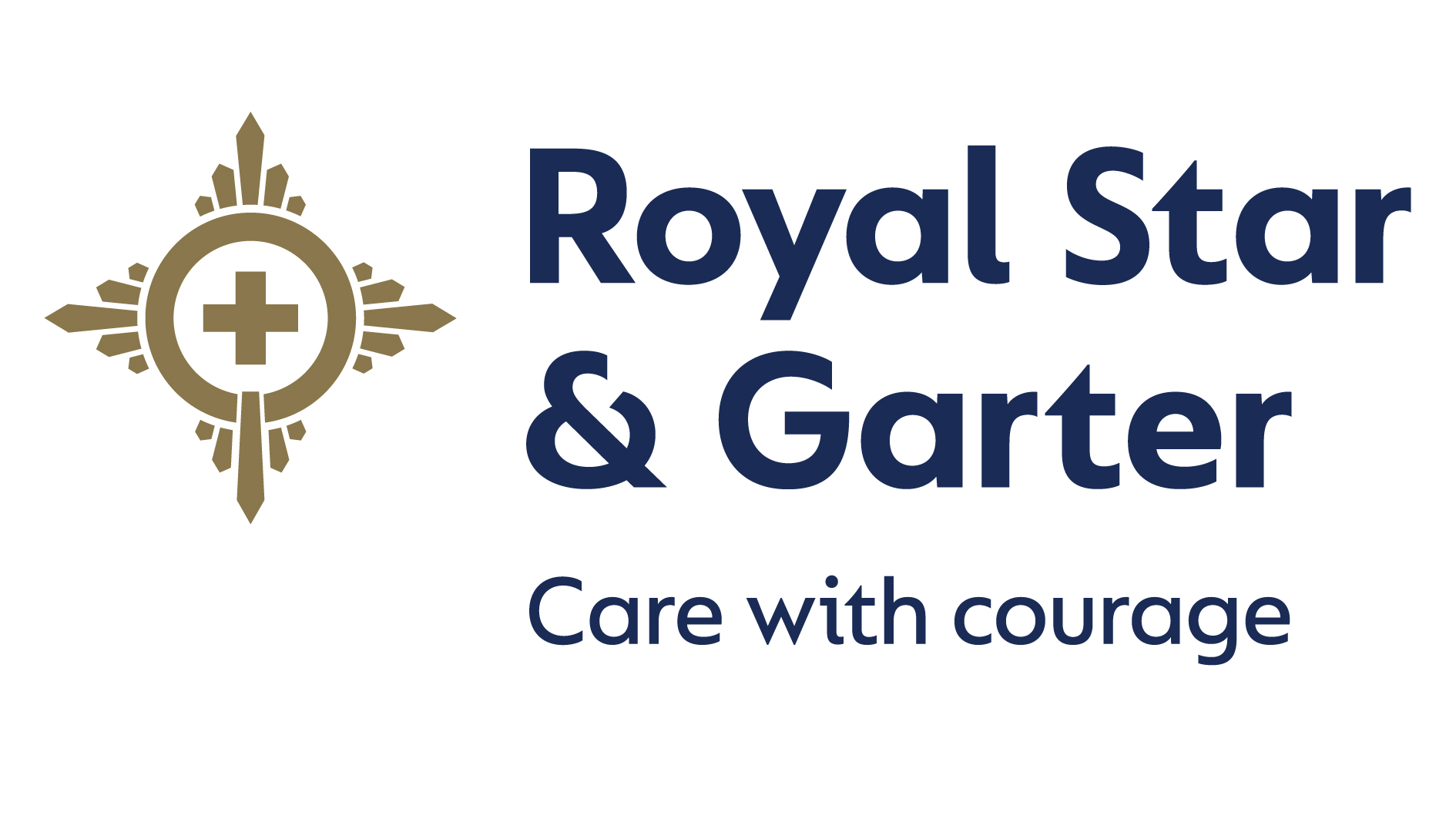To mark World Alzheimer’s Day on 21 September, our Director of Care, Pauline Shaw, offers some tips and ideas to support your loved one after their diagnosis.
During World Alzheimer’s Month 2022, The Alzheimer’s Society is focussing on post-diagnostic support. I thought I’d share some of our tips, ideas and approaches from Royal Star & Garter, to add to the excellent information coming from their ‘Know dementia, know Alzheimer’s’ campaign.
Living well with dementia
I have been passionate about delivering the best dementia care since I joined Royal Star & Garter over 20 years ago. Increasing numbers of our residents were living with dementia and I began to research models of care to see how we could best support them.
Since then, we have received many awards and recognition for our outstanding care, including the 2021 Alzheimer’s Society’s Dementia Hero Awards for Professional Excellence. However, we will never rest on our laurels and will always look to adapt, develop and challenge ourselves to provide exceptional care every day.
With almost forty per cent of our residents living with dementia, we support every individual and their relatives after they have received their diagnosis in our care. This is an emotional and incredibly tough time for both the resident and their loved ones, and it never fails to move me.
However, it is very possible to live well with dementia – I see it every day in our Homes.
Your GP or specialist consultant will signpost additional support, therapies and medical interventions, but I’d like to offer some ideas on a more personal, day-to-day level to help during this difficult transitional period.
Adapting your approach in dementia care
Everyone’s experience of dementia is unique but it may help you to think about the journey ahead. Imagine this journey as your loved one gradually crossing a bridge, it is important to understand that you can accompany them, but they cannot come back to your side of the bridge. It will help you to enter into their reality, taking things at their pace, empathising and being patient, calm and good-humoured, however hard it is. Join them in their moment and acknowledge that things may be confusing. It takes time and emotional intelligence to bring your loved one back to feeling secure again, especially if they have just had a diagnosis.
You may start to see differences in their behaviour – our staff often do with the residents they know so well. Memory loss is a symptom and you may notice that early memories remain, while more recent ones slip away. This isn’t the only consideration: your loved one may lose interest in something they previously cared about, become repetitive, behave uncharacteristically or experience mood swings. They may also begin to struggle with everyday processes such as getting dressed or making a cuppa. Sleeping and eating can be affected. All these factors can make them stressed and defensive.
Bringing purpose to everyday life
Try to keep your loved one engaged with daily life by asking them to help with chores such as shopping, washing-up or gardening, just as we do in our Homes. This will help them to feel more in control and boost their self-esteem.
You can use memory aids, such as a large weekly diary to be kept by the phone or kettle, places they gravitate to. Put labels on cupboards or a sign on the toilet door to help everyday processes. Check their environment is comfortable and inviting, and use technology, such as timers and automatic switches, to simplify chores such as turning on heating or lights.
Food plays an important part in life in our Homes, both for health and wellbeing. Asking your loved one to help you prepare food empowers them. It also stimulates their appetite when they may otherwise forget to eat or fail to recognise their hunger and thirst. Allow plenty of time to prepare and eat meals. Consider trying smaller portions, finger food or frequent snacks rather than a big meal. Eating with your loved one gives them the opportunity to mirror your actions, if needed, and makes their mealtime a sociable occasion rather than a necessity.
At Royal Star & Garter, we provide daily activities and outings to keep life stimulating. You could try social visits where possible, which helps people living with dementia to retain their skills and boosts memory function. Reminiscing is an important tool in dementia care, and we use memory boxes (literally colourful shoeboxes full of little prompts such as old-fashioned sweets to share, old scent bottles, postcards, shells, vintage photographs and beloved trinkets). We find that they stimulate conversation and aid re-connection.
Music can have a very powerful, soothing effect on people living with dementia. Our residents love listening to a favourite piece and it can distract them from something that is agitating or upsetting them and create a shared experience to talk about afterwards. Similarly, gentle exercise is empowering and can provide an important boost to wellbeing.
Support for carers
I know that supporting someone living with dementia can feel very lonely, difficult and heart-breaking. Remember that you are not alone. Do seek help and support from your GP, a Memory Clinic and the Alzheimer’s Society. As a carer you need to be mindful of your own health – take breaks, ask friends and family for support, and reach out to share your experiences. You may even be able to help someone else who’s going through the same thing.
Here are some support resources:


















